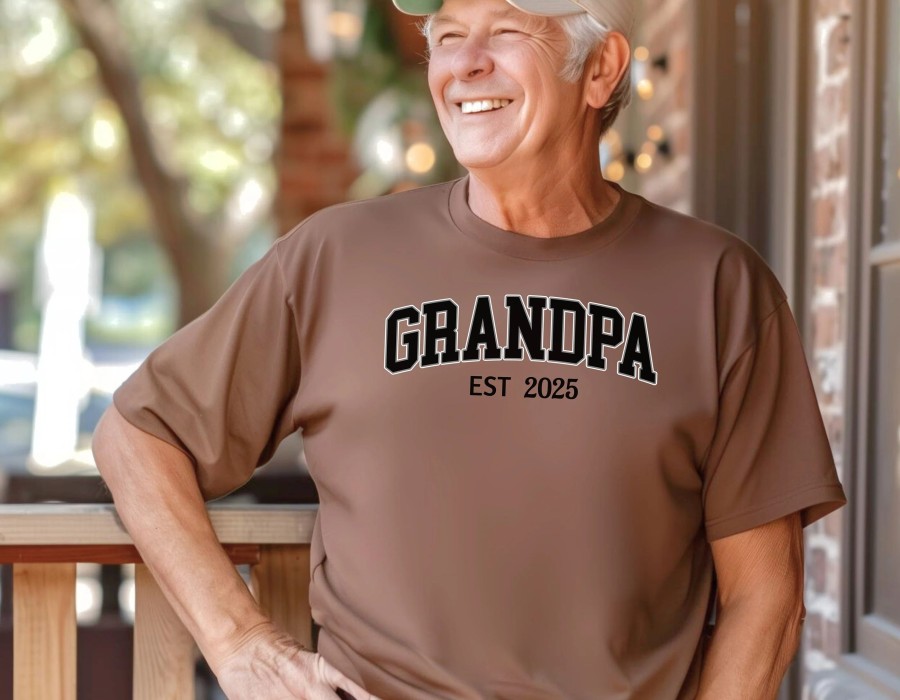Clothing has always done more than cover the body. It tells a story. When someone chooses a custom piece, they are choosing to make that story unmistakably their own. Personalized clothing goes beyond fashion; it becomes a wearable statement of identity, memories, and mood.
People use personalized apparel to signal who they are. Whether it is a slogan that captures your values, a design that reflects a hobby, or a color that lifts your mood, those choices reinforce a sense of self. When you wear a favorite item, you are literally wrapping yourself in cues that say, This is me.
Sentiment plays a big role too. Custom pieces often mark moments: a hoodie made for a reunion, a t-shirt celebrating an achievement, or matching items from a trip. Those garments serve as memory anchors. Every time you put them on, you reconnect with the event and the people involved. That emotional link raises the item’s personal value beyond its price tag. Here are key psychological drivers that explain the appeal of custom apparel:
- Sense of belonging: Wearing the same design as others creates an instant group connection.
- Empowerment: Designing or choosing details gives a feeling of control and ownership.
- Uniqueness: Knowing no one else has the exact same piece satisfies a desire to stand out.
- Nostalgia: Designs tied to memories trigger positive emotions and comfort.
Comfort matters too. People pick fabrics, fits, and styles that make them feel good. That physical comfort translates into emotional ease. When your outfit aligns with your identity and feels comfortable, confidence naturally follows. That confidence is a big reason why shoppers buy personalized t-shirts and hoodies as staples rather than one-off purchases.
Social psychology: how custom apparel influences group dynamics and perception
Custom apparel has strong social functions. At its simplest, it visually unites people. Teams, clubs, and families who wear matching items find it easier to feel like a unit. Shared designs reduce social distance and create a shared language without words. Common group uses for custom apparel:
- School clubs, sports teams, and college events
- Corporate events and employee onboarding
- Family reunions and destination celebrations
- Charity drives and social campaigns
- Concerts, fan meetups, and community gatherings
Personalized clothing also affects how others perceive us. A well-chosen design can invite compliments and conversation, making the wearer more approachable. People who present themselves with clear, intentional choices are often seen as more confident and creative. That social recognition reinforces the decision to wear custom pieces again and again.
Brands have learned to use this psychology to build loyalty. When customers wear brand-themed personalized items, they become walking ambassadors. The act of wearing a logo or message creates a subtle contract: the customer identifies with the brand and, in return, receives social recognition and a sense of belonging. Why brands invest in personalized apparel:
- It increases brand recall
- It fosters customer loyalty
- It sparks word-of-mouth promotion
- It strengthens internal culture among employees
If you think about it, the love for custom items is a mix of private and public motives. Privately, people enjoy the comfort and personal meaning. Publicly, they benefit from social signals and the connections those signals create. That mix explains why shoppers choose personalized t-shirts and hoodies for gifts, special events, and everyday wear.
Wearing a custom item is a small but powerful act. It communicates identity, preserves memory, and links people to communities. In a world where many choices feel generic, a personalized piece says you matter enough to be distinct. That, ultimately, is why personalized clothing resonates so strongly with so many people.






Comments